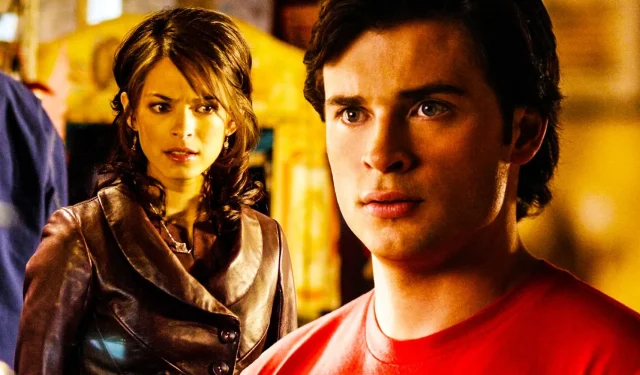
Smallville centers on the formative years of Clark Kent, illustrating his challenges in high school, navigating young love, and the complexities of concealing his extraordinary abilities. This iconic show, which aired for a decade from 2001 to 2011, starred Tom Welling as Clark and Michael Rosenbaum as Lex Luthor, and became a cultural phenomenon. A significant contributor to the show’s appeal was Kristin Kreuk’s portrayal of Lana Lang, Clark’s first love interest.
Lana begins as the quintessential girl next door, seemingly out of Clark’s reach, before their relationship evolves into a tumultuous on-again, off-again romance. As a viewer who grew fond of Smallville, my sentiments towards Lana are mixed. Kreuk’s acting prowess is undeniable, yet the writing sometimes renders her character difficult to empathize with. Throughout the series, her and Clark’s relationship is overshadowed by external love interests and Clark’s secret identity, creating an omnipresent tension.
Indeed, Lana often grows frustrated with Clark due to his constant deception, unaware of his profound reasons for hiding the truth. Her discovery of his secret occurs just as another significant character, Lois Lane, enters the narrative. As a long-time Superman aficionado, I was initially torn about the introduction of Lois, especially considering how invested viewers had become in the Clark and Lana dynamic. Erica Durance’s portrayal of Lois brought a refreshingly bold energy to the show, establishing her as a spirited reporter with a feisty personality right from her debut.
However, the transition from Lana to Lois ultimately felt awkward. As Clark matured, his love life seemed to tread water, complicating the narrative flow of the latter seasons. To keep Lana relevant, the writers took some dramatic steps, including a marriage to Lex in season six. This relationship had its own complexities, yet when Lana returned to Clark, the energy fell flat despite her finally discovering his powers.
The Controversial Shift From Lana to Lois in Smallville
The Tumultuous Dynamics of Lana Lang and Clark Kent

Despite being well into the show’s progression by season seven, Clark and Lana fell back into their familiar, tumultuous patterns. While learning Clark’s secret allowed Lana deeper involvement in the overarching plot, she remained mostly confined to the roles of either Clark’s girlfriend or Lex’s former partner. Among numerous trials, including a harrowing encounter with Bizarro and a catatonic episode caused by Brainiac, Lana’s character faced substantial adversity. Given these circumstances, her eventual departure from Smallville was hardly shocking, despite Clark’s heartbreak.
While some might view Lana’s prolonged presence as tiresome, it’s important to recognize that the show struggled to develop her character beyond being merely a love interest. On occasions, she engaged in compelling storylines—ranging from her ties to the Stones of Power in season four to seeking revenge on Lionel Luthor in season seven. Nonetheless, her growth often felt reset, emphasizing Clark’s advice against succumbing to darkness, which hindered the chance for her character to evolve.
In stark contrast, Lois’s character flourished. Throughout her various relationships, including those with Arthur Curry, Oliver Queen, and a clone of Lex’s deceased sibling, her narrative arcs remained engaging. Lois’s relentless pursuit of journalism positioned her at the center of substantial plotlines, and her friendship with Clark blossomed over their seasons together. The chemistry between Welling and Durance was electric, raising heightened anticipation for their eventual romance.
The Impact of Lana’s Return in Smallville Season 8
Lois Lane Deserved a Stronger Narrative
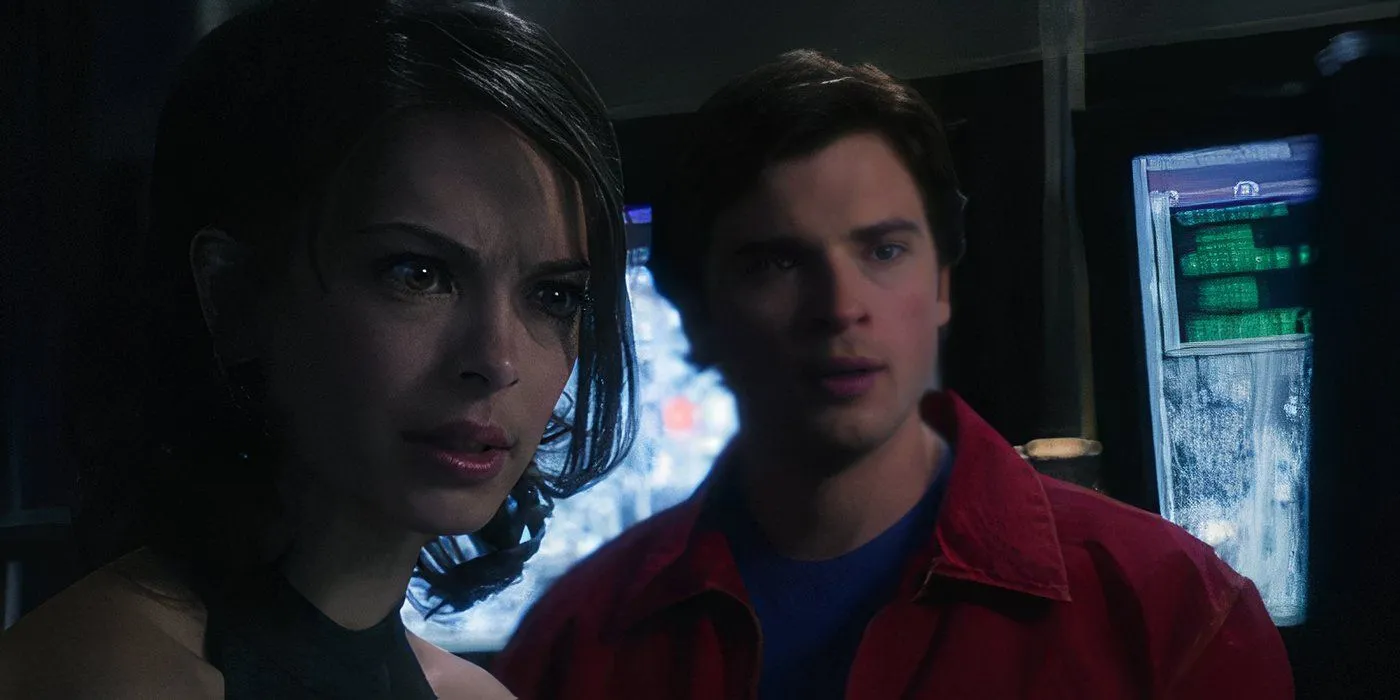
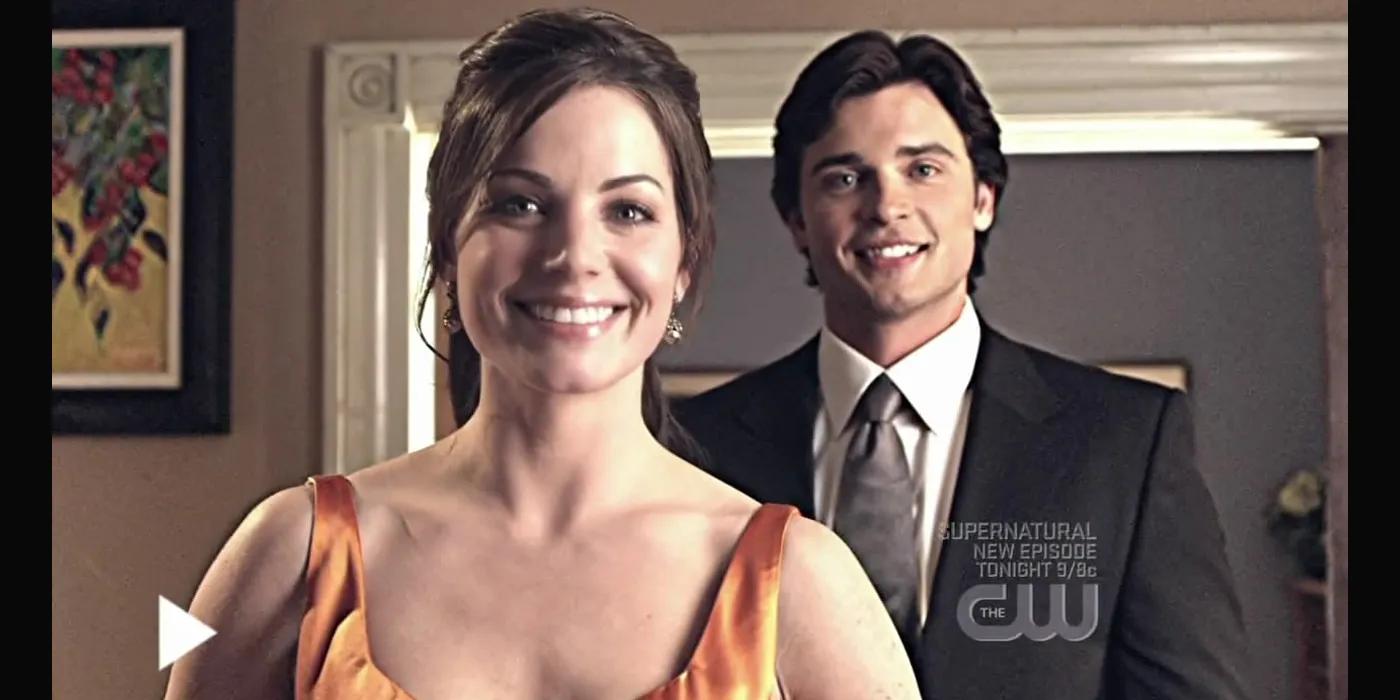
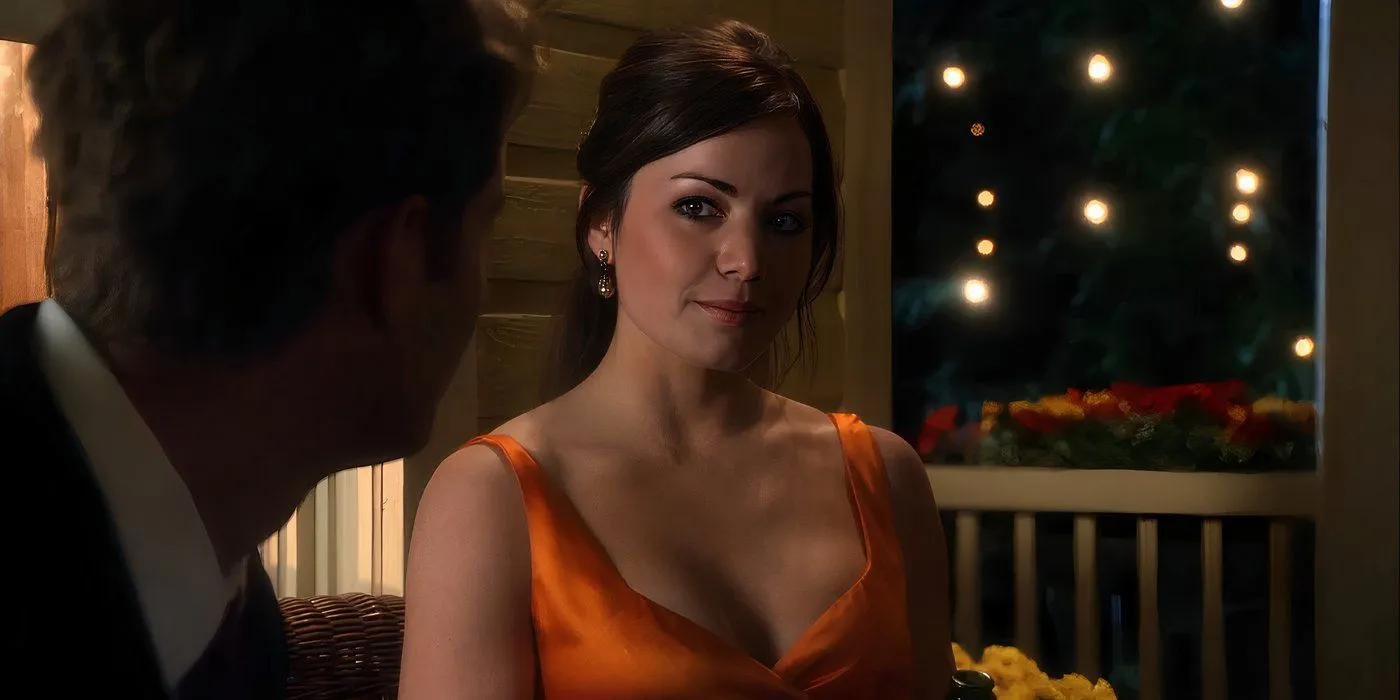
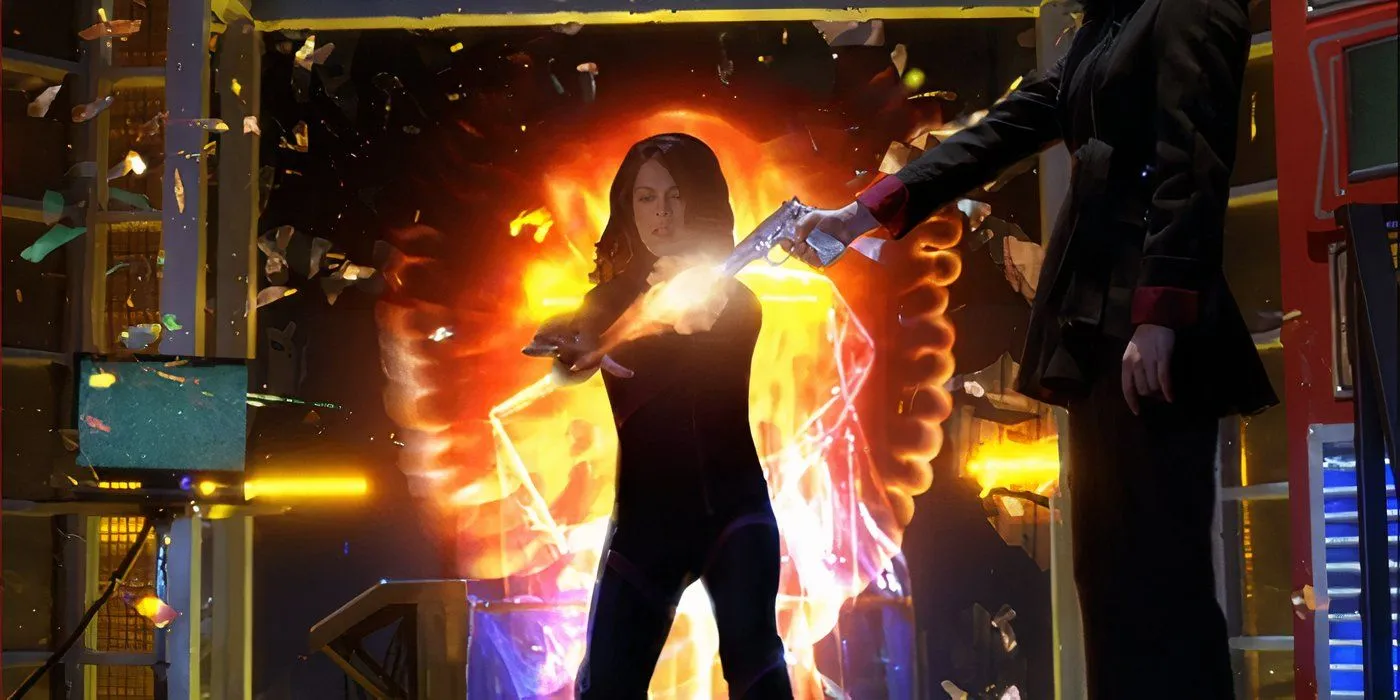
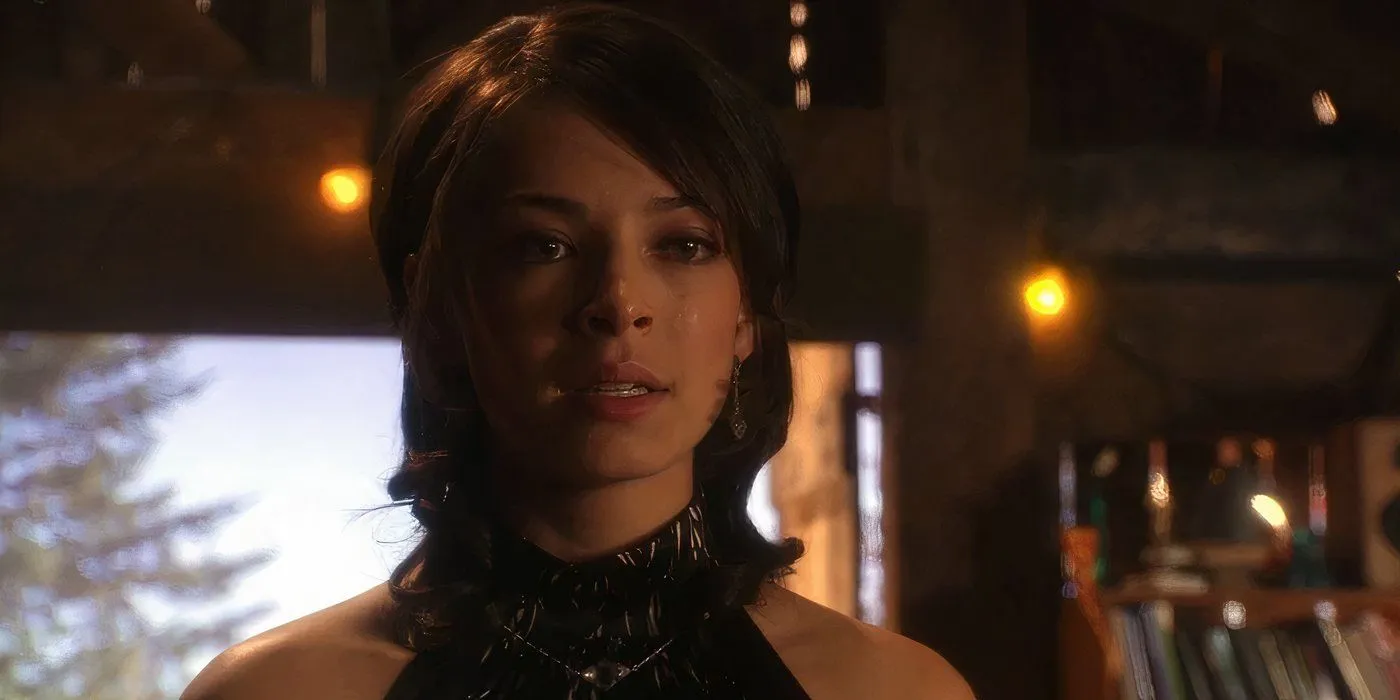
When season eight premiered, I was eager to see the classic dynamic of Lois and Clark unfold as envisioned in comic lore. Lois became a focal character, with her career pursuits gaining increasing relevance alongside Clark’s transformation into a reporter at the Daily Planet. Their romantic tension came to a potentially climactic moment during Chloe Sullivan and Jimmy Olsen’s wedding, just as Lana made her unexpected return.
This twist was disappointing, both in my initial viewing during childhood and through my adult rewatch. Season eight marked a bold new direction for the show, transitioning from a high school-centric narrative to a full-fledged superhero series showcasing romance, workplace dynamics, and sci-fi elements. Lana’s reentrance felt regressive, overshadowing the show’s evolution. Clark’s instant pivot back to Lana also sidelined Lois for four critical episodes, restricting her role as a lead female character.
This arc explored the complex relationship between Lana and Clark, as well as Lex’s machinations to develop a super-suit. In a surprising twist, Lana becomes infused with powers and is momentarily placed on par with Clark. Eventually, a tragic event orchestrated by Lex forces Lana to absorb kryptonite through her suit, leaving her unable to be near Clark. This choice casts an unfortunate shadow over Clark’s budding relationship with Lois, presenting her as little more than Clark’s second option. While Lana’s departure from Clark was far from ideal, it felt preferable to having Lex drive them apart.
Ultimately, rather than allowing Clark and Lois to evolve independently, the narrative deprived both characters of agency in their breakup. One could argue that “Lana ruined Lois and Clark,” yet this perspective overlooks the broader issue. Lana Lang truly deserved a more fulfilling conclusion to her arc than being relegated to an abusive narrative cycle. While she reappears in the Smallville: Season 11 comics, her last screen presence remains a disappointment. Furthermore, Clark’s portrayal suffered as his treatment of Lois became regressive, undermining his character growth.
The Inadvisable Choice to Bring Lex Back Without Michael Rosenbaum
The Replacement for Michael Rosenbaum Lacked Impact
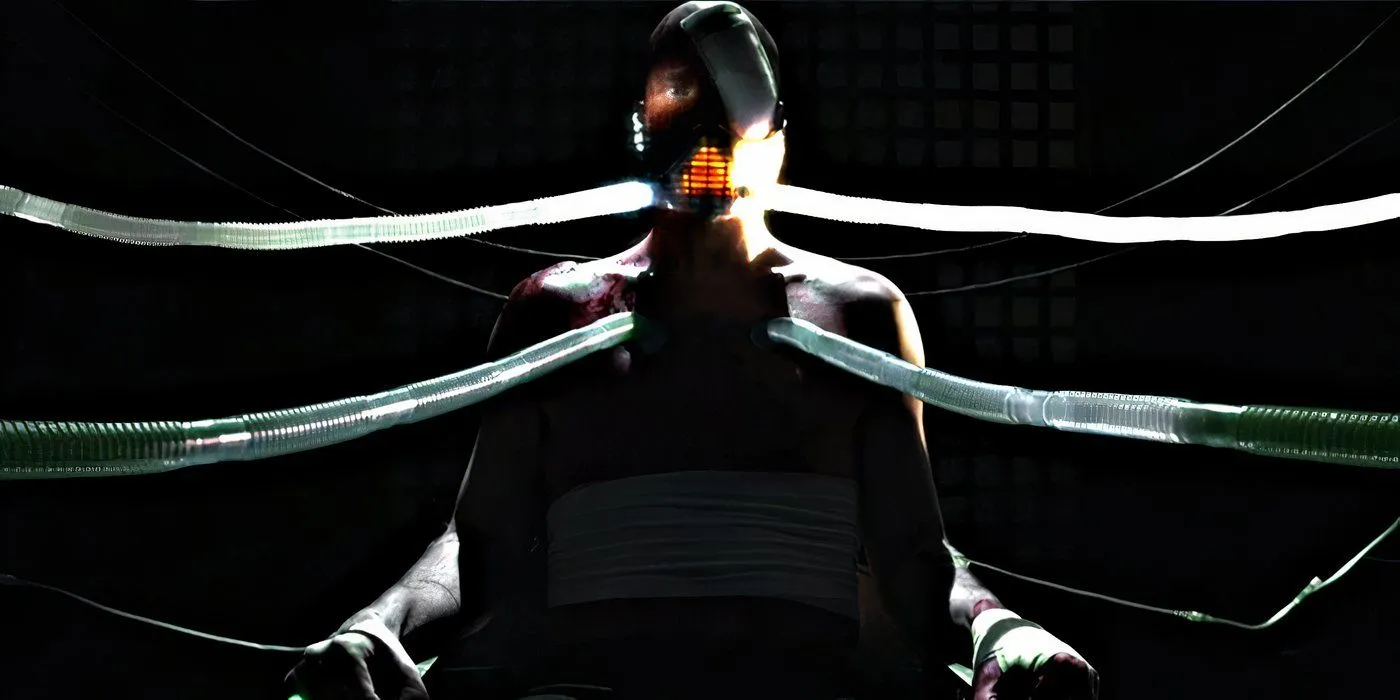
Lex Luthor’s storyline also faced challenges due to shifting dynamics. Rosenbaum exited the series after season seven, allowing for an explosive confrontation between Superman and his formidable foe. Though his villainy significantly contributed to the show’s intrigue, his departure opened up narrative avenues to explore alternate adversaries. However, season eight abruptly introduced both Lana and Lex back into the mix.
During this season, Lex was played by Kevin Miller, with Matt Adler providing his voice. Inexplicably, Smallville chose to obscure Rosenbaum’s absence by employing a double who was concealed and altering his voice. This decision rendered Lex as a vague, disembodied threat—a stark contrast from his earlier incarnations that thrived on his dynamic with Clark. His plot centered on exploiting Lana and Clark’s relationship, rather than developing his character or rivalry with Superman fully.
Moreover, due to the underwhelming portrayal of Lex without the magnetic chemistry between Welling and Rosenbaum, fans missed out on a compelling antagonist. Lex’s legacy within the series was tragically mishandled, culminating in an anticlimactic scenario where Oliver kills him, fostering tension between Clark and Green Arrow.
Smallville had successfully set up Lex’s successor, Tess Mercer, who could have taken the leadership role at LuthorCorp. Thus, had Rosenbaum declined to return, the focus could have shifted entirely to Lana’s character development without reverting to Lex’s outdated dynamics.
The Doomsday Plot of Season 8 Lacked Cohesion
Lana’s Return Disrupted Season 8’s Primary Narrative
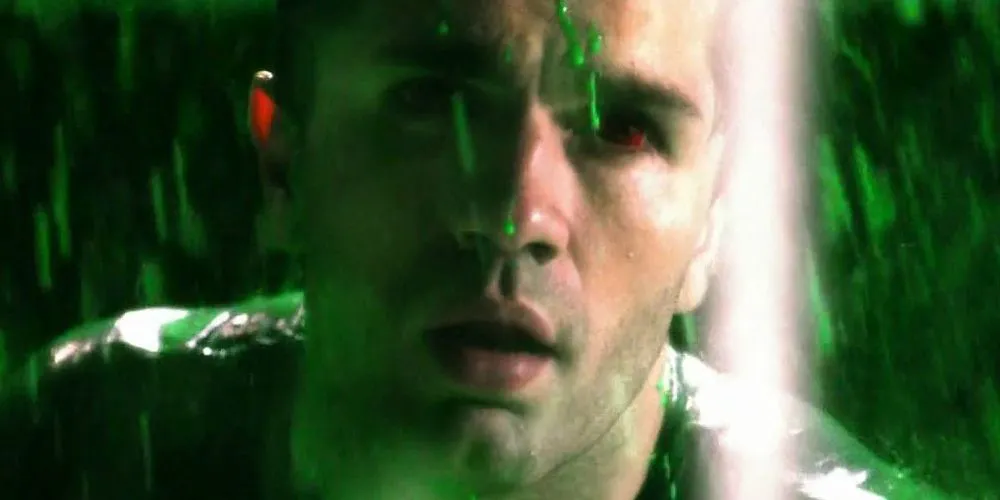

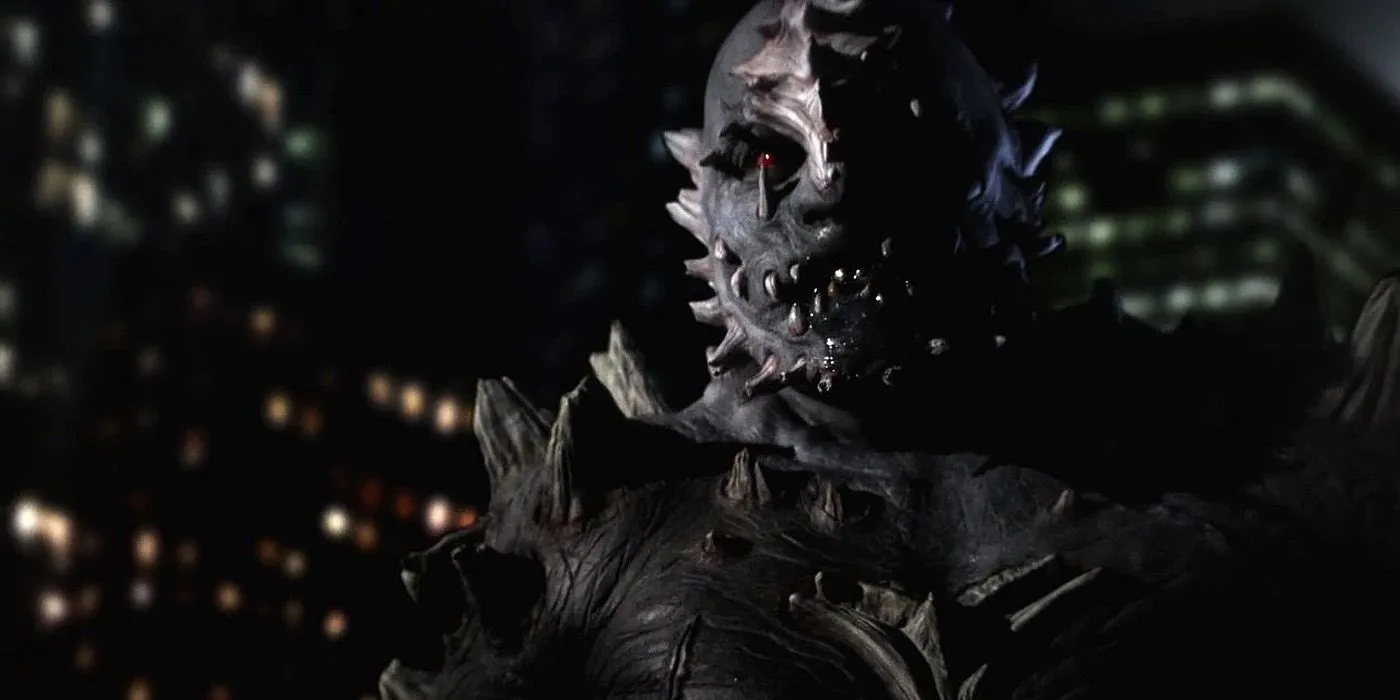

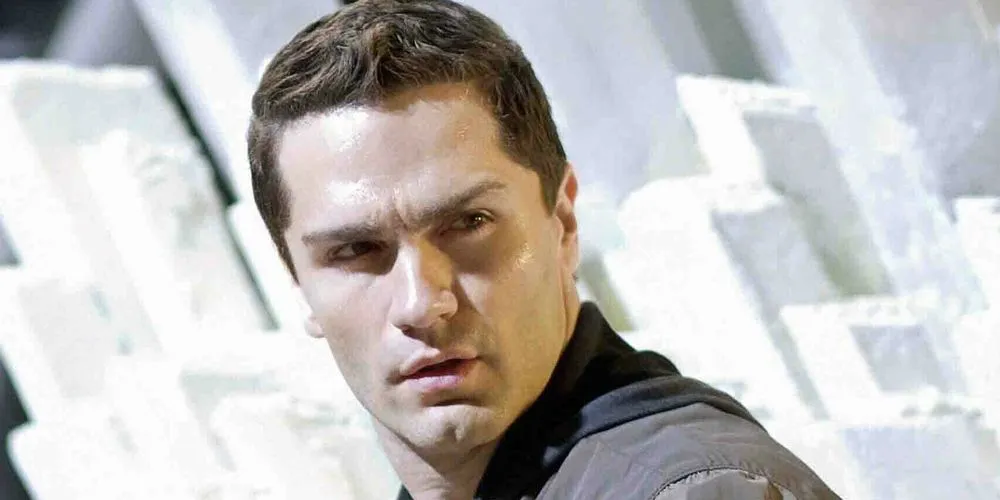
While Smallville’s interpretation of Doomsday was hampered by budget constraints typical of television productions, he emerged as a unique physical threat to Clark, showcasing Kryptonian attributes. However, as Lana’s storyline surged in season eight, the central Doomsday plot was relegated, compromising the season’s overall focus. Appearing as a refreshing alternative to the series’ romantic aspects, Doomsday’s targeting of Chloe rather than a romantic interest like Lana or Lois provided a significant plot twist.
Recognizing the season’s shortcomings is essential, as viewers may feel disengaged from the narrative shifts. The special effects showcased during Doomsday’s storyline left room for improvement, with character inconsistencies, notably Jimmy’s actions, exacerbating the issues. Still, bright spots emerged from the arc with Clark’s confrontation against Doomsday, Tess’s ascension at LuthorCorp, Oliver’s main cast status, and Lois’s growing relationship with Clark. If writer choices had favored a consistent narrative without Lana and Lex’s return, season eight might have breathed new life into relevant characters like Chloe, Jimmy, and Lois. Although not entirely flawed, the narrative decisions hindered Smallville season eight from achieving its maximum potential.




Leave a Reply ▼